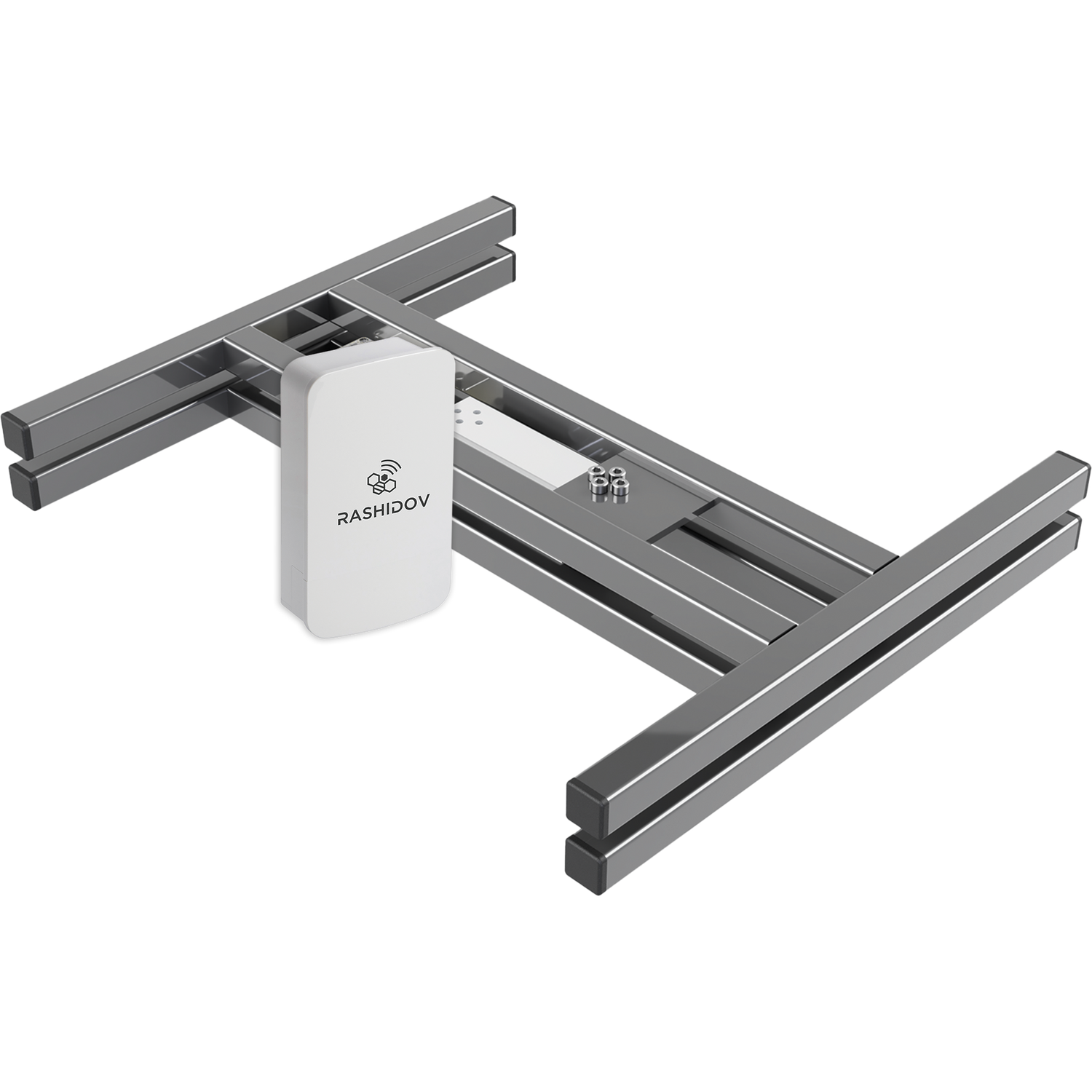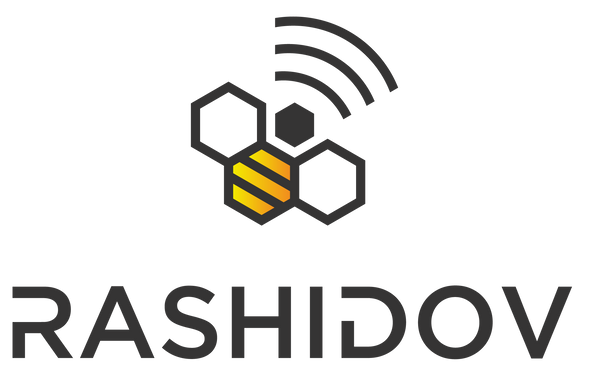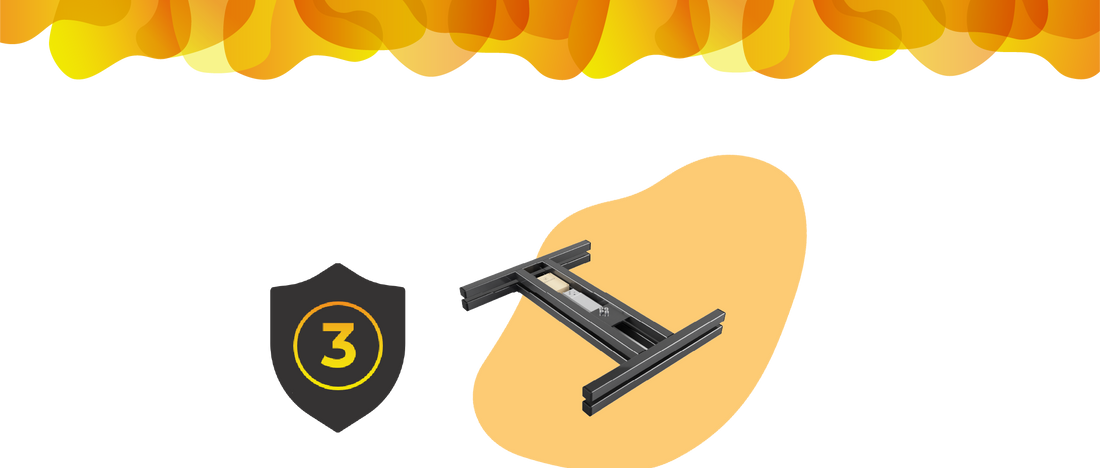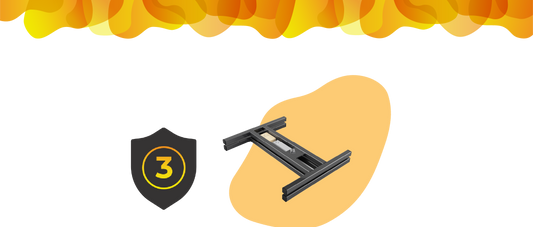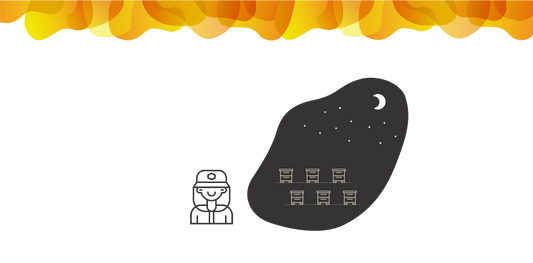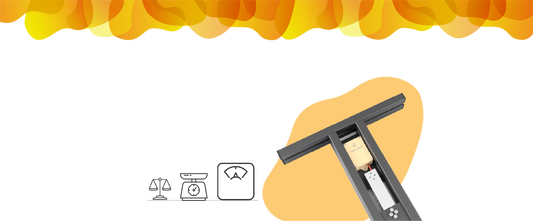Introduction
We've already discussed why it is important to know your hive weight. Last week, we talked about how to choose hive scales, and today we'll continue with several more things to consider.
The Cost of Scaling Up
Imagine you bought one beehive scale to give it a go, liked it, and now want to buy more. How much will it cost you?
It's not necessarily the same amount of money as the first scale. Some producers offer scales and data transmission stations as two separate products, meaning you only pay for data transmission once. Essentially, scaling is twice as cheap as the initial setup, or even more. For example, with Rashidov scales, additional scales cost just €239 (as of November 2023).
User-Friendliness: Ease of Setup and Use
Looking at some scales, you might see
- lots of sticking-out cables,
- one-hour-long setup video instructions,
- some of which include soldering or compiling from source code.
While having some electrician and IT skills is great for a beekeeper, we think there are better ways to use them.
So, look for products that are polished and have been refined over several generations – they have no teething problems and can be set up in several minutes.
Warranty: Securing Your Investment
This point is quite obvious. When you buy a device that costs several hundred euros, you want to make sure it won't break down in a month. If it does, you'll want a replacement or your money back. Different producers offer different lengths of warranty. One of the best offers on the market is a 3-year warranty by Rashidov producers.
Accuracy Matters: Reliable Data in All Conditions
Building beehive scales is no easy task, especially because they need to provide reliable data in different weather conditions, be it scorching heat, pouring rain, or even snow. It all depends on the quality of weight sensors and the sophistication of calibration software. For reference, Rashidov states that their scales have a weight drift of just 2 grams per 1 degree Celsius in a range from 0 to 200 kg. Pretty impressive, right?
| Rashidov Scales | Value |
| Weight Range | 0 - 200 kg |
| Weight Drift | < 2 g / °C |
Battery Life: Consistency in Monitoring
Imagine anxiously awaiting the moment the nectar flow starts, monitoring weight gains data, and suddenly the data flow stops. What happened? Ah, you've just forgotten to replace the batteries. Very annoying! So, look for scales with good battery life. As a rule of thumb, aim to replace batteries just once a year – that's what the best producers offer.

Conclusion
That's it for today. Let me know in the comments if this was useful. We will cover more aspects of using beehive scales in upcoming articles, so stay tuned!
Further Reading
Take a look at the first part of this article and get some further insights about what is important when choosing your smart apiary scales!
